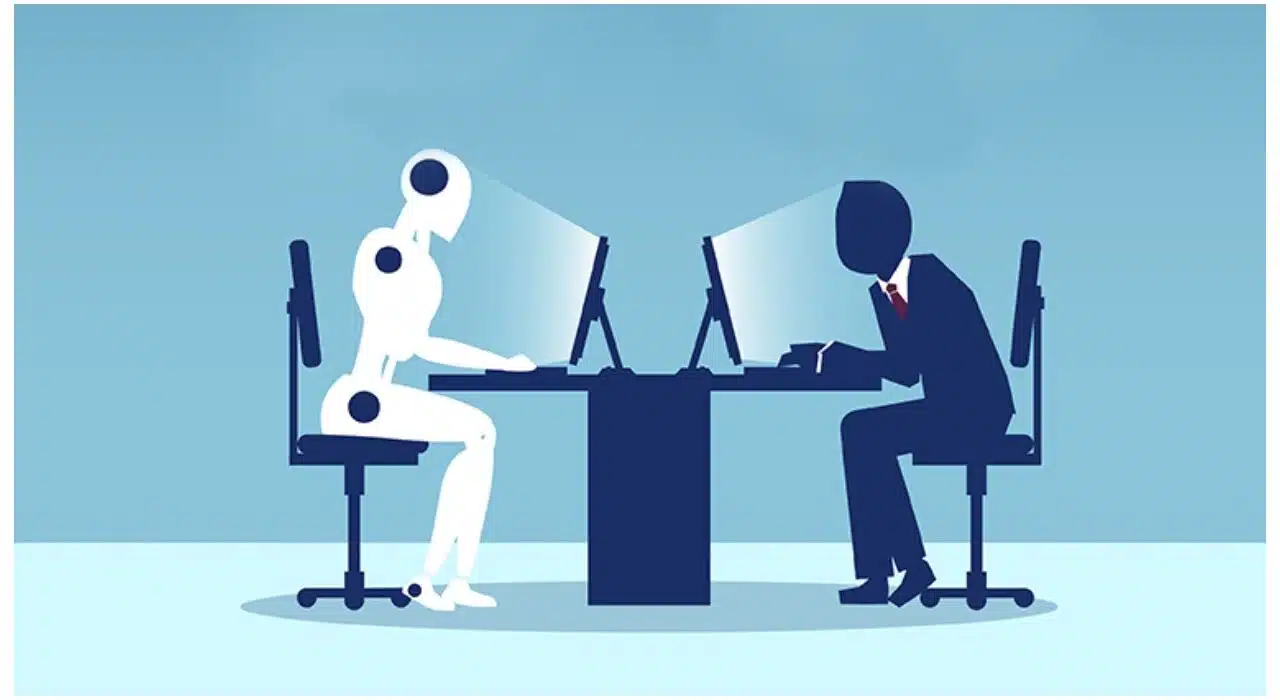No ifs, ands, or buts, the day you’ll be interviewed by a machine is fast approaching. With AI recruitment platforms like Apriora conducting thousands of interviews daily, the hiring process is evolving faster than ever. Although the technology has the potential to improve efficiency, equity, and innovation, it also has important unresolved questions about its practicality, fairness, and ultimate consequences. How should we react to this transition of being interviewed by AI? Let’s explore.
The Case for Being Interviewed By AI: Efficiency and Equity
The interview may be an innovative recruitment process, in the high-volume workforce domain. Platforms such as Apriora provide AI-based agents, such as “Alex” to automate end to end recruitment process. In contrast to conventional recruiters who read resumes superficially in seconds, Alex can read resumes deeply, interview candidates actively, and adapt the type of questions based on candidate answers.
This approach also addresses issues of equity in hiring. For instance, Alex does not solely depend on resume workshops or on resumes which includes common keywords to select candidates. By allowing all of the candidates equal chances to “talk up” their abilities, the selection process becomes less exclusive. If you are a candidate who has trouble coming up with a beautiful resume but can give a great interview, you might find AI interviews to be advantageous soon.
Despite this, on the other hand, however, while these achievements are encouraging, they do not rule out all forms of discrimination, and also generally fail to deliver good performance. For example, is it fair for candidates lacking access to strong internet or computer skills?
Challenges to Watch For Impersonal and Over-Reliant
Although interviews with AI appear to be an efficient approach, there may still be some limitations. One of the most obvious is the lack of a human touch. Even if Alex seems to be quite chatty, unfortunately, Alex is always unable to replace the emotional intelligence and subtle sense of human recruiters. For example, a recruiter may pick up covert properties in an applicant, e.g., being emotional/assertive, which an AI may overlook.
Additionally, although Alex is in the process of being developed specifically to detect abnormal behavior (i.e., the detection of whether or not another person is providing an answer to the questions for the candidate), it also suggests even algorithmic bias. What if the AI incorrectly flags legitimate candidates? In addition, although the algorithms of platforms like Apriora are supposed to speed up the selection process, is it possible that it comes at the cost of fast and inadequate assessment of candidates by integrating interview steps into smaller panels?
While interviewing AI might sound worlds away at the moment, it is important to consider whether reliance on technology comes at the cost of the emotional richness and insight a human recruiter can offer the table.
Preparing for an AI Interview: Adaptation is Key
Being interviewed by AI is an inevitable fact as candidates, we should be ready for it. Preparation is no longer just a dead-letter item on the resume writing workshops, it should be talked about/shown in the chat. Examples of such platforms (e.g., Apriori) offer this element of the candidate’s time to respond in order for the evaluation to be unbiased.
However, preparation goes beyond rehearsing responses. Nevertheless, a network connection is extremely necessary, because technical failures could happen inaccurately with the process. On the other hand, while it is clear that Alex can detect and classify across a spectrum of accents and tongues, some candidates may continue to be driven towards feeling unsure about which AI to communicate with and not the other. Knowing what to expect can help alleviate these worries in advance.
The shift in hiring lays a grueling task on candidates’ shoulders to learn how to adapt to technology instead of it adapting to them.
Should AI Interviews Be the New Norm?
faster processes, more inclusive hiring, and less subjective judgment. However, these benefits don’t come without trade-offs. Nevertheless, there is a big question: Should companies completely substitute human recruiters with AI?
The answer likely lies in balance. Although it is valuable, AI is only one of the components for an effective solution that can perform even repetitive tasks, Including initial screening and scheduling, but there can be no such thing without human intervention, which can assess soft skills, cultural suitability, and the individual nuances of the candidate’s temperament.
With the help of a hybrid system—the artificial intelligence undertakes the initial steps and human beings make the final choices—it could provide the best of both worlds.
Being interviewed by AI soon is not just a possibility; it’s becoming a reality. It will depend solely on how much companies think about these applications and whether or not they will help or hinder the hiring process. Until then, candidates should take the opportunity to learn and be willing to change as this recruitment process continues to evolve.
That of interviewing with AI is no longer a future possibility but one to embrace with caution and effectiveness.
Also, see: Are cryptocurrency-related stocks worth the risk?
